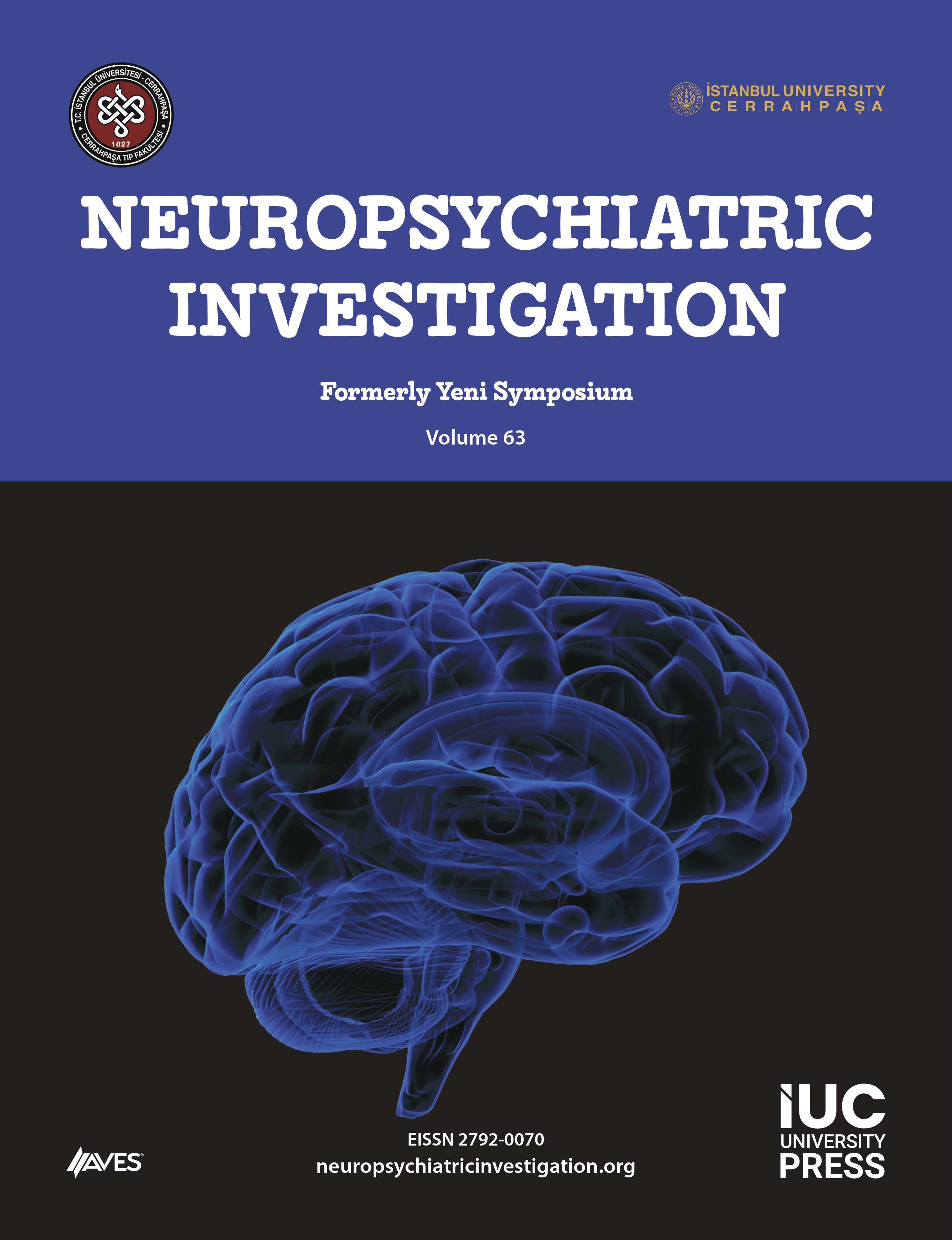Aim: The aim of this study was to assess perseverative errors and responses as measured by the Wisconsin Card Sorting Test (WCST) in remitted bipolar I disorder patients having at least one previous psychotic mood episode and investigated the relationship between perseveration, areas of functionality, and clinical features.
Methods: In the current study 48 remitted patients with bipolar I disorder diagnosed with DSM-IV criteria, and 45 socio-demographically matched healthy controls were consecutively enrolled. Socio-demographic and clinical characteristics form, Young Mania Rating Scale, Hamilton Depression Rating Scale, Bipolar Disorder Functioning Questionnaire (BDFQ), the Wisconsin Card Sorting Test (WCST), the DSM-IV Structured Clinical Interview for axis I Disorders, Montreal Cognitive Assessment Scale were used.
Results: The distribution of age, gender and years of education between the patient and the control group was similar. In the patient group scores of perseverative errors in WCST was found to be higher than controls but there were no significant association between the total BDFQ scores of patients and the number of perseverative errors or responses.
Conclusion: Perseverative errors and responses on the WCST was significantly higher in the remitted patients with bipolar I disorder who had at least one psychotic mood episode, when compared with the healthy controls, but this impairment did not have any impact on functioning.




.png)